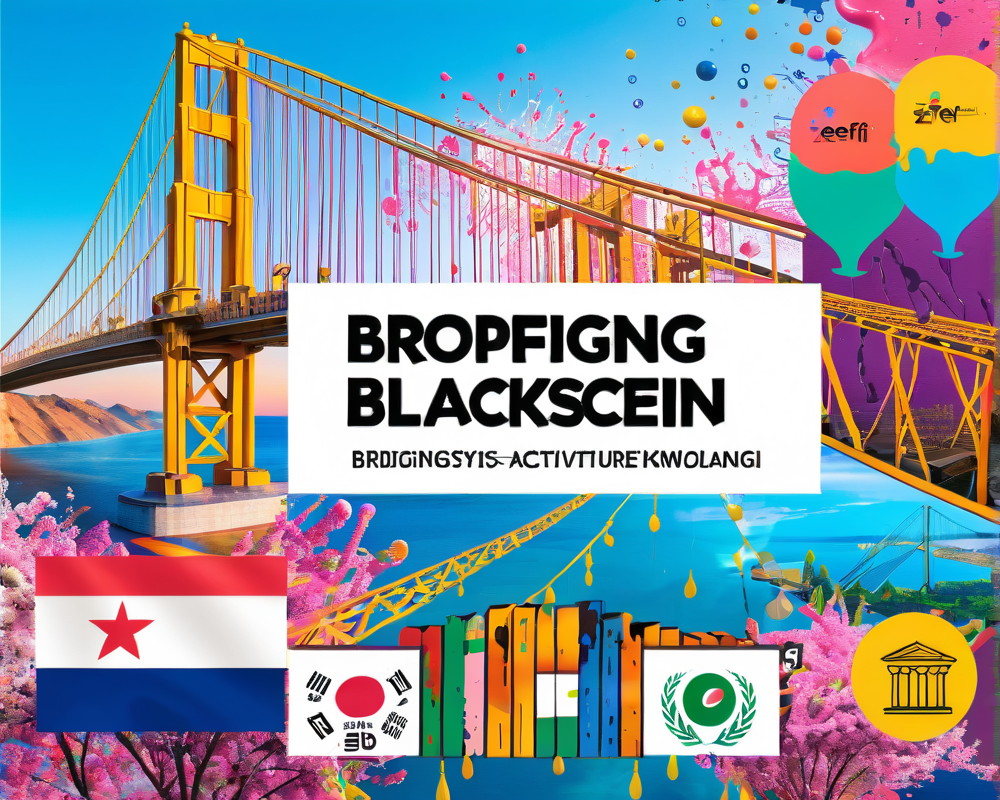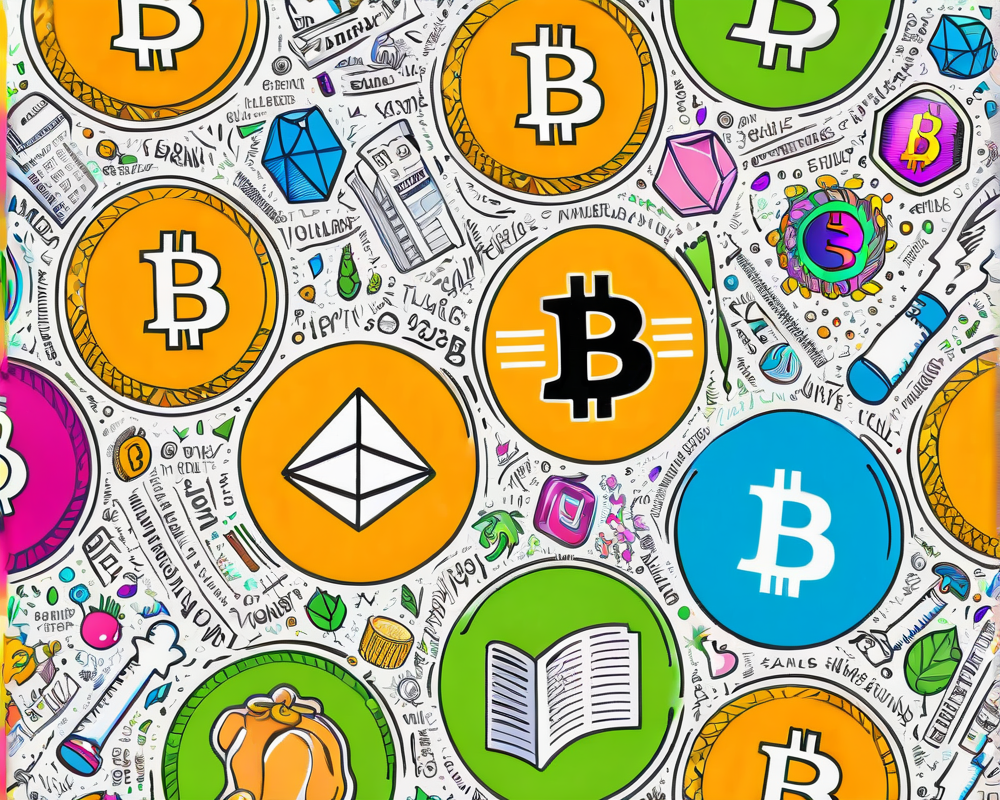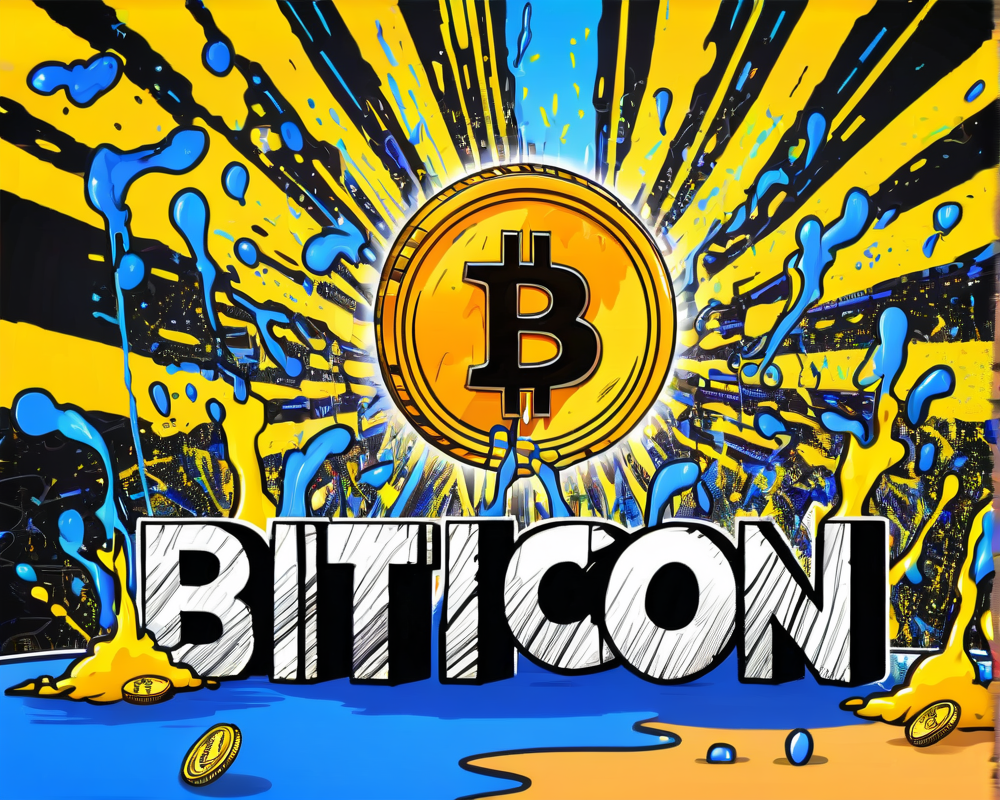The Birth of ZeFi
ZeFi emerged as a beacon of hope for Arabic speakers navigating the complex world of cryptocurrency. Founded by Karam Alhamad, this educational platform is not just another crypto website; it’s a lifeline for those in regions where banking isn’t a common practice, especially in Syria and Iraq. With the click of a button, users can access an Arabic version that dives into blockchain basics, mixed with culturally relevant examples. The goal? To start with fundamental concepts of money, tailored for people who may have never used traditional banking systems.
From Activism to Cryptocurrency
Alhamad’s journey to ZeFi is nothing short of remarkable. His background as a petroleum engineering student in Syria was interrupted by the Syrian uprising, which led him to activism and ultimately imprisonment. It was during his stint working with civil society groups after his release that he caught wind of cryptocurrency.
“It’s hard to send money,” he reflects, highlighting the dire need for alternative financial solutions in his homeland.
The Challenges of Language and Culture
Translation hiccups haunt ZeFi’s mission. Concepts familiar to Western audiences, like ‘blockchain’, require creative translations in Arabic, especially against the backdrop of political stronghold. Alhamad’s team has been busy crafting a technical dictionary to bridge these gaps. Such hurdles don’t deter them, rather they excite a determination to educate and empower.
The ZeFi Foundation’s Hands-On Approach
Launching the ZeFi Foundation in early 2022, Alhamad sought to extend their mission beyond education. They provide grants to Syrian students and conduct workshops for NGOs to explore the political and humanitarian uses of blockchain. One of their crucial insights is how blockchain can ensure the integrity of sensitive data — crucial for reporting human rights abuses without risk of loss.
The Future Looks Bright (and Blockchain-y)
Alhamad dreams big, hoping that blockchain technology will revolutionize how aid and funds reach those in need. Conventional money transfer systems often siphon off resources, leaving little for recipients. With blockchain, however, the potential exists for more funds to make it to ground zero. As ZeFi continues its work, plans are in motion to unify vaccination records and explore the possibilities of NFTs for documenting refugees’ qualifications.
“We discuss these projects even without political agreements,” Alhamad assured, showing an unyielding resolve in the face of adversity.




